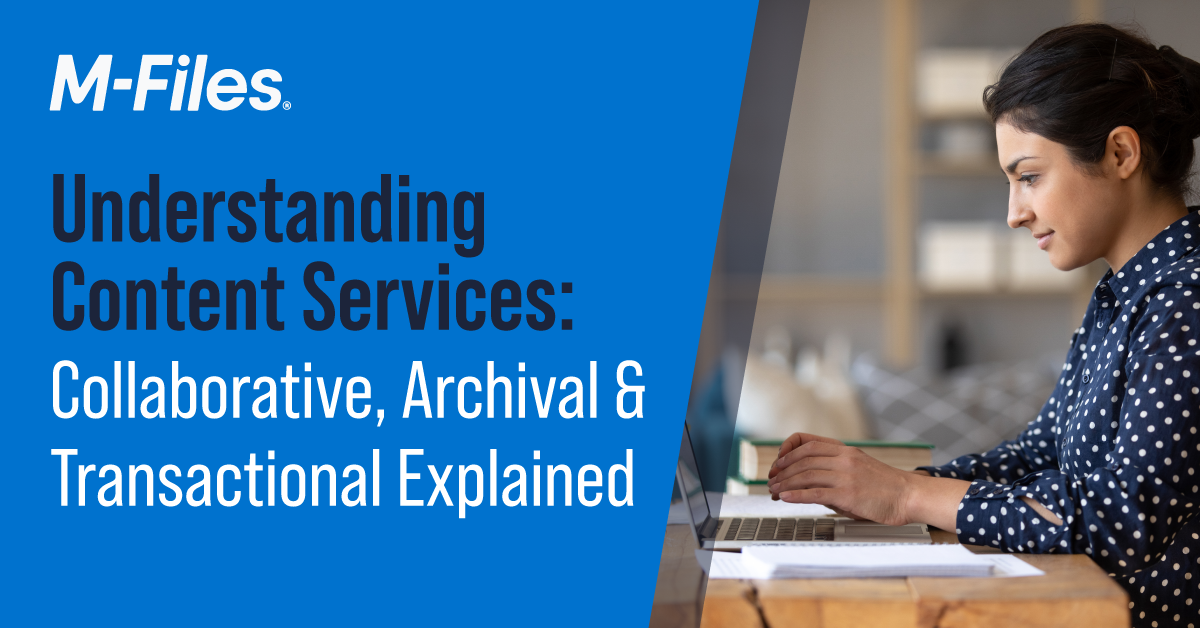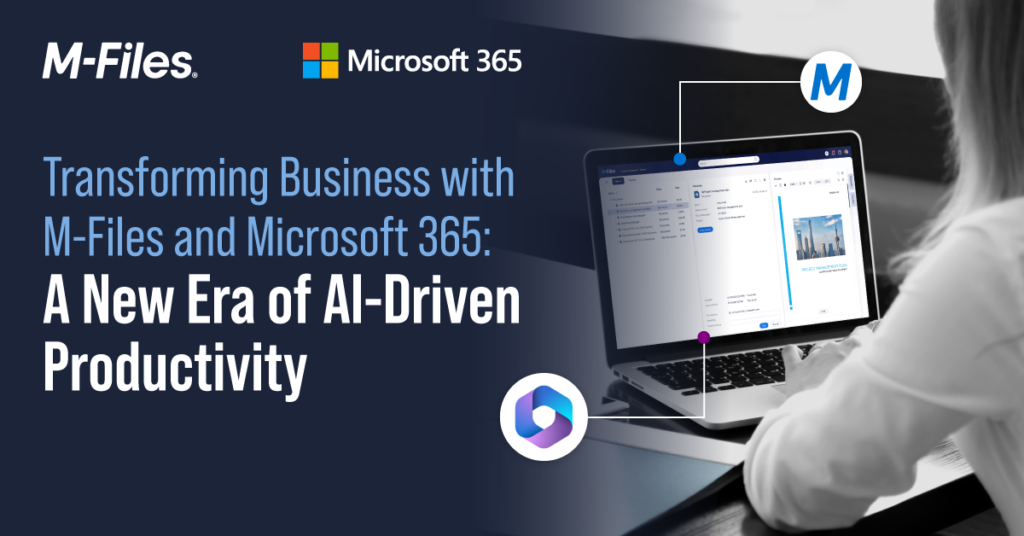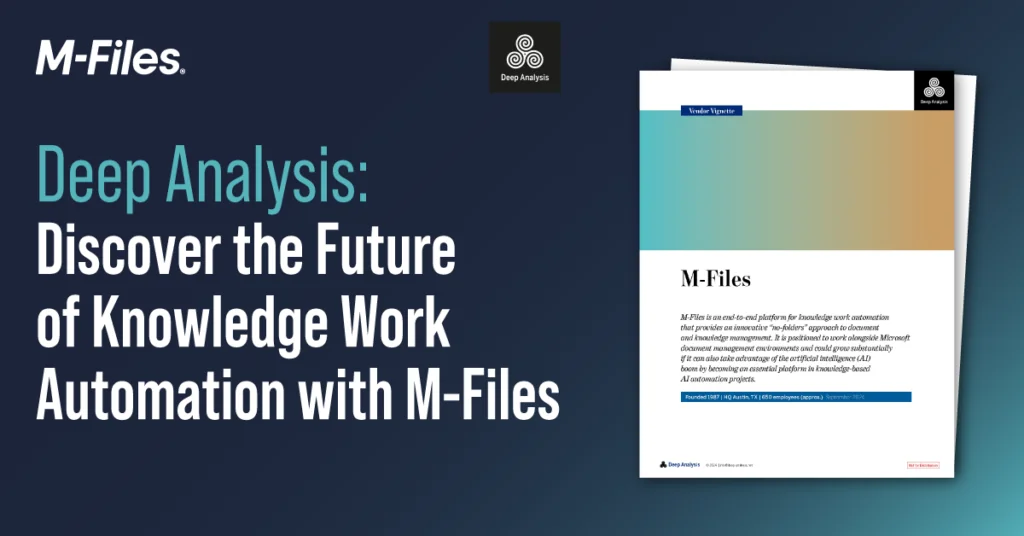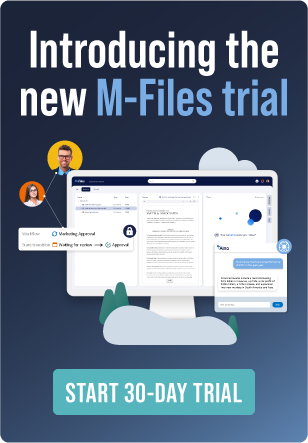Understanding Content Services: Collaborative, Archival & Transactional Explained

Traditional enterprise content management (ECM) systems often struggled to meet the demands of modern businesses. Content services offer a more flexible and scalable approach, tailored to the diverse needs of today’s organizations.
3 Main Content Types in the Modern Enterprise
- Collaborative Content: Documents and information used for teamwork and project collaboration.
- Archival Content: Historical records and documents that need to be preserved.
- Transactional Content: Data generated as part of business processes and transactions.
Collaborative Content: The Cornerstone of Teamwork
While collaboration tools like Slack and Teams are essential, they can create challenges in managing and organizing content.
Challenges of Managing Collaborative Content
- Fragmentation: Content scattered across multiple systems can be difficult to find and manage.
- Lack of visibility: Limited visibility into content usage and ownership can hinder collaboration.
- Version control issues: Managing multiple versions of documents can be complex.
Archival Content: Preserving Your Organization’s History
Properly managing archival content is crucial for compliance, risk management, and historical reference.
Strategies for Efficient Archival Management
- Metadata classification: Use metadata to categorize and organize content for easy retrieval.
- Retention policies: Define rules for retaining or disposing of content based on its value and legal requirements.
- Data migration: Transfer content to long-term storage solutions when appropriate.
Transactional Content: The Backbone of Business Operations
Transactional content, such as customer records, invoices, and contracts, is essential for day-to-day business operations.
Benefits of Unified Transactional Content Services
- Improved efficiency: Streamline processes and reduce manual tasks.
- Enhanced compliance: Ensure adherence to regulations and industry standards.
- Increased visibility: Gain insights into business operations and performance.
Simplify Content Management with M-Files
M-Files offers a unified content services platform that can help you manage all types of content effectively.

Key Benefits of M-Files
- Centralized repository: Store all your content in a single, secure location.
- Intelligent metadata: Automatically classify and organize content.
- Workflow automation: Streamline processes and reduce manual tasks.
- Integration with other systems: Connect M-Files to your existing tools and applications.
Ready to simplify your content management? Schedule a demo today!




